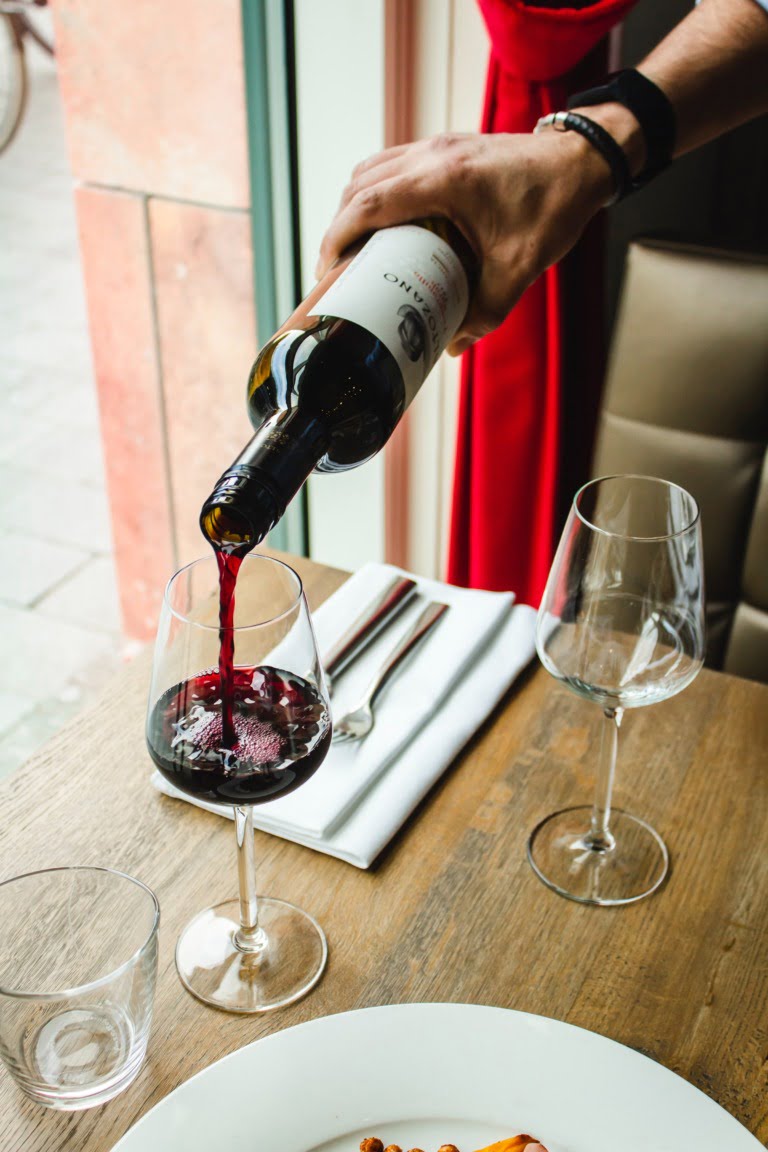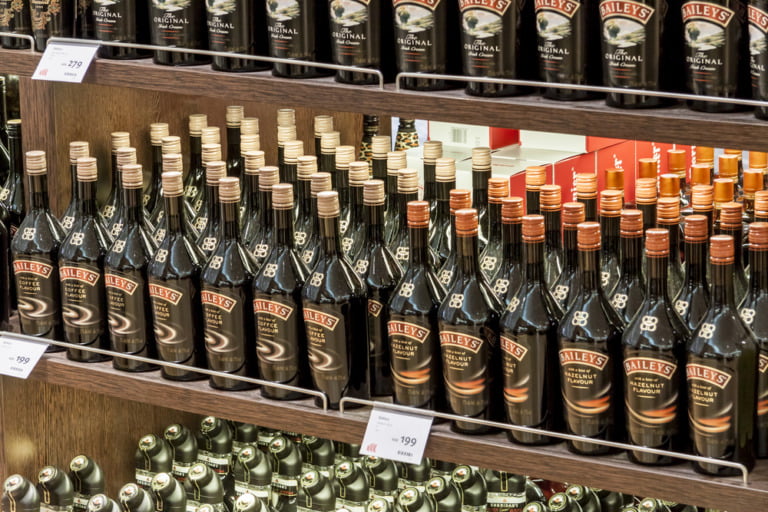Purchases of alcohol within Norway jumped by 20% last year. But Norwegians weren’t necessarily drinking more.
The global health crisis has led to serious economic impact in Norway and around the world. Now, some of the more curious economic impacts on 2020 start to be revealed.

Last week, we reported on the taco products sales boom in Norway. Now, new data from Statistics Norway (SSB) shows more alcohol was bought in Norway last year than ever before.
Norway alcohol stats in 2020
During the year of lockdowns and travel restrictions, Norwegians bought 14 million litres of spirits. Norway’s population of 5.3 million also shelled out for 105.2 million litres of wine and 278.2 million litres of beer.
That corresponds to 32.1 million litres of pure alcohol and is 5.5 million litres more than was sold in 2019.
The average adult in Norway bought 3.2 litres of spirits, 23.7 litres of wine and 62.7 litres of beer.

But did Norwegians drink more in 2020?
These figures might seem alarming, as they signify that many Norwegians turned to the bottle during the lockdowns. But is that really true? As with most Norway stats, dig a little deeper and you’ll find the story behind the numbers.
Norway's alcohol sales are relatively easy to track because of the single sales point—the state-run off license Vinmonopolet—for all drinks above 4.7% ABV.
But because of high taxes and duties on alcohol in Norway, many Norwegians get much or all of their alcohol from elsewhere, where sales are not as easily tracked.
Closed borders change shopping habits
International travel restrictions have led to far fewer people stocking up on spirits and wines from the duty free stores. Meanwhile, the Swedish border closure led to a collapse in cross-border shopping trips.

Known colloquially as a harrytur, cross-border shopping trips to Sweden have long been popular with Norwegians wanting to stock up on (relatively) cheap meat, alcohol and sweets.
But the border closure for several periods in 2020 meant the only option for Norwegians looking for alcohol was to shop at home. This means sales at Vinmonopolet skyrocketed.
SSB consultant Lars Jacob Dale told NRK that there could be other factors behind the numbers. However, the border closures are “clearly the dominant factor,” he said.

